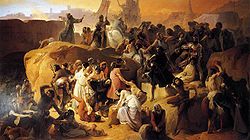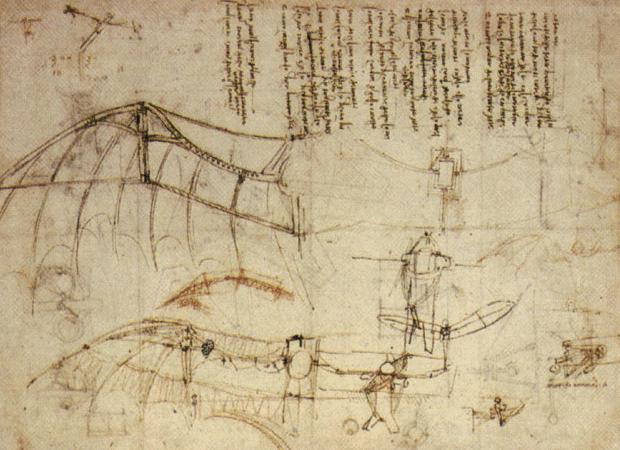Sometimes, there is a gap between what we believe to be true and what is actually true and in many cases, this can be hard to prove or argue. When that belief is one which is strong and paramount to a person’s very identity - religion being the most obvious of instance of this - serious issues can arise when it comes into conflict with another’s similar belief. For this reason, as well as for its intellectual value, the question of what constitutes truth and belief, particularly concerning when a belief can be justified and considered truth, is an important one.

The Crusades lasted almost 200 years with a conservative estimate for casualties being 200,000 for the crusading side alone1.
A related area that benefits from a critical analysis is that of knowledge, or epistemology. There remains much discussion on the steps between truth, belief and knowledge. One contemporary idea begins soundly with the basis that, in accordance with our logic system, a belief can be either true or false. In this case, a true belief is a truth and the final step from there to knowledge is justification of that belief. False beliefs here are at best troublesome and should be discarded. However, there are other lines of thought which find this endorsement of beliefs counterproductive - Plato’s Socrates goes so far as to call them “shameful”2 - and these thinkers would have us construct knowledge with a far heavier leaning on evidence than hypothesised beliefs. The fact that something can be true and not believed (consider those who doubted tectonic shift or anyone griever who has remarked that they ‘can’t bring themselves to believe’ a loved one is lost) supports their cause but ground has also been gained by chasing a belief (see the concept of scientific intuition, or any forerunner like DaVinci who designed flying machines based on the belief that humans would fly one day). The argument continues to this day.

Diagram of one of DaVinci's ideas for a flying machine
References:
1. History Rocket (). How Many Died in the Crusades?. [ONLINE] Available at: www.historyrocket.com/World-War/crusades/How-Many-Died-In-The-Crusades.html. [Last Accessed 5é2é14].
2. Vogt, Katja M., (2012). Belief and Truth: A Skeptic Reading of Plato. 1st ed. New York: Oxford University Press.

